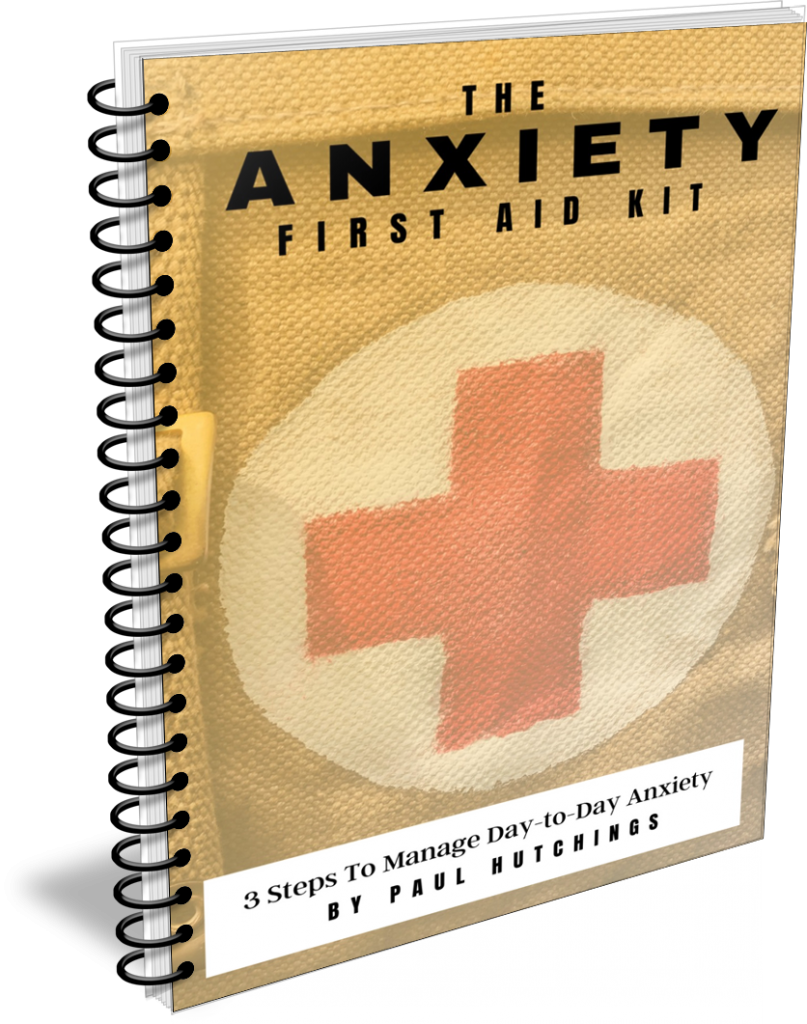
If you’re feeling anxious, edgy and stressed, and it’s been getting worse since Covid-19 became a pandemic, then you’re not alone.
I’m here to tell you these feelings are completely normal and valid responses to all of the information the news and social media throws at us every day.
Our nervous system is always assessing our environment for safety and/or danger. If it senses a threat, it will help us focus on it, so that we can be ready to take action against it if needed. Our brains are designed to help keep us safe and alive.
But when we’re talking about a virus with so many unknown factors and no vaccine yet, our fight-or-flight response can actually work against us.
We can’t fight or run from the coronavirus like we could from, say, a wild animal, so we’re left in a constant state of threat. It’s like our nervous system is gearing up for action without having an outlet for that energy. This can lead to us feeling ramped up, tense, easily agitated, and anxious each and every day.
All this pent up energy can cause us to take action, which can not only hurt ourselves but others too. Consider the following examples:
- the panic buying of toilet paper and tinned food
- looting and rioting in the name of Black Lives Matter
- crowded beaches and anti-lockdown protests
So what can we do? Because being in a prolonged state of threat can cause us to make bad decisions, start fights, and withdraw from the world even more that we’re already being forced to.
Well here are five helpful ways to beat coronavirus anxiety.
1. Take regular breaks from news and social media

Of all the tips listed here, this is the one that will give you the biggest immediate payoff.
When we are regularly exposed to infection statistics, fake news and conspiracy theories our system can feel overwhelmed, confused and scared.
Check-in on what’s happening every so often, then be sure to disconnect, to give your nervous system the time it needs to relax.
2. Take positive action
Not taking action is what keeps us stuck in a heightened emotional state, so if there are things you can stay busy doing, which aren’t harmful to yourself or others, then do them.
3. Stay in touch with people who are close to you and make you feel safe

Social interaction is one of the most essential antidotes to stress. Dr Stephen Porges, professor of psychiatry at the University of North Carolina, conducted research on this very thing and came up with the polyvagal theory.
In short, while studying our vagus nerve, Dr Porges identified a third type of nervous system response. We used to think that we only had two, an activating or a calming one. This third response he identified was the social engagement system.
Our fight-or-flight response involves chemical reactions, which can take our bodies 10–20 minutes to recover from fully. But when we feel safe, we use our social engagement system, which does not involve these sorts of chemical reactions.
It’s the safety that we find in real connection with others that helps us to more quickly manage and calm the stress response. That’s why it’s so important to stay in touch with friends and loved ones, even if we have to socially distance from them right now.
By doing that, we will stop feeling on constant ‘high alert’ and begin to feel much calmer.
A regular exercise routine is always a good thing – and if your work doesn’t keep you active enough and you’ve already redecorated your entire house and landscaped your garden, maybe you could volunteer somewhere or take up an active hobby.
4. Refrain from making big decisions
Prolonged periods of threat or stress prevent us from keeping our minds clear by clouding them with emotions and upset. This can cause us to make impulsive and unhelpful choices.
This makes sense if you think about it. When our bodies are in fight-or-flight mode we aren’t able to really think clearly – we’re just trying to survive. So if you can, save any big decisions for when your system is more calm and balanced.
5. Consciously relax your body and mind
Take time each day to let your body and mind calm down. What that means is to focus on allowing the muscles in your face, jaw, shoulders, head, and neck to relax.
These are all muscles that are engaged when we are in threat mode. By actively allowing them to relax, we send our bodies the message that we are safe and okay.
One of the most effective ways to calm the body is to use guided meditation.
For more tips and resources…
After I was diagnosed with blood clots in my leg, I struggled with anxiety and researched what I could do about it. When I saw the results in myself I decided to share my findings to help others by putting together a guide.
If you’ve found the information in this post helpful, you’ll want to get yourself a copy of this guide, where you’ll get even more help and ideas on what to do if you’re suffering from anxiety. Just click the button below.





